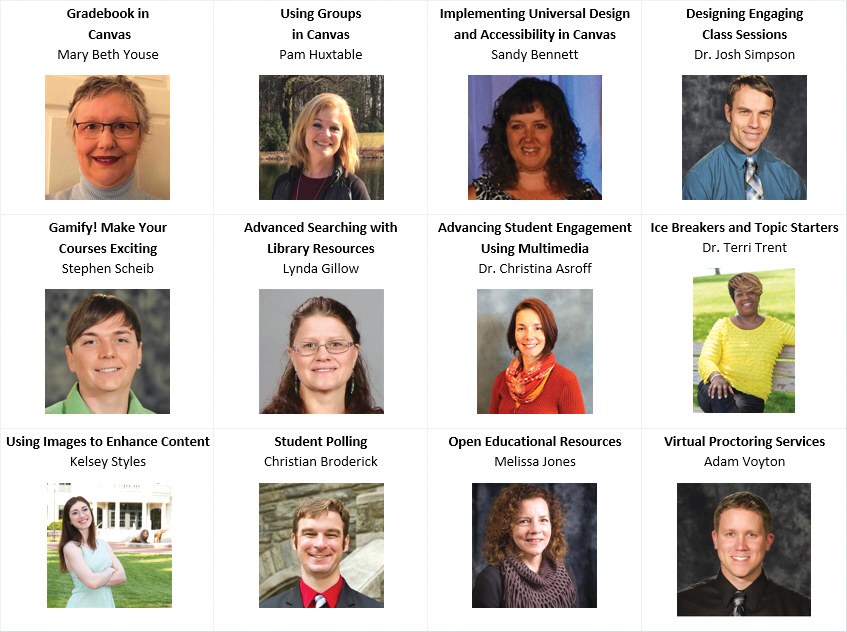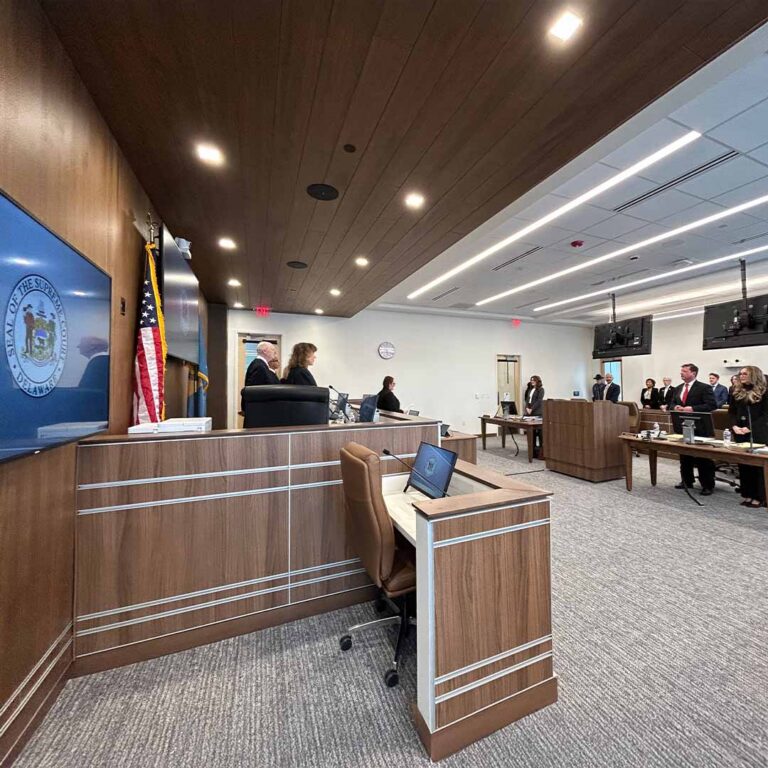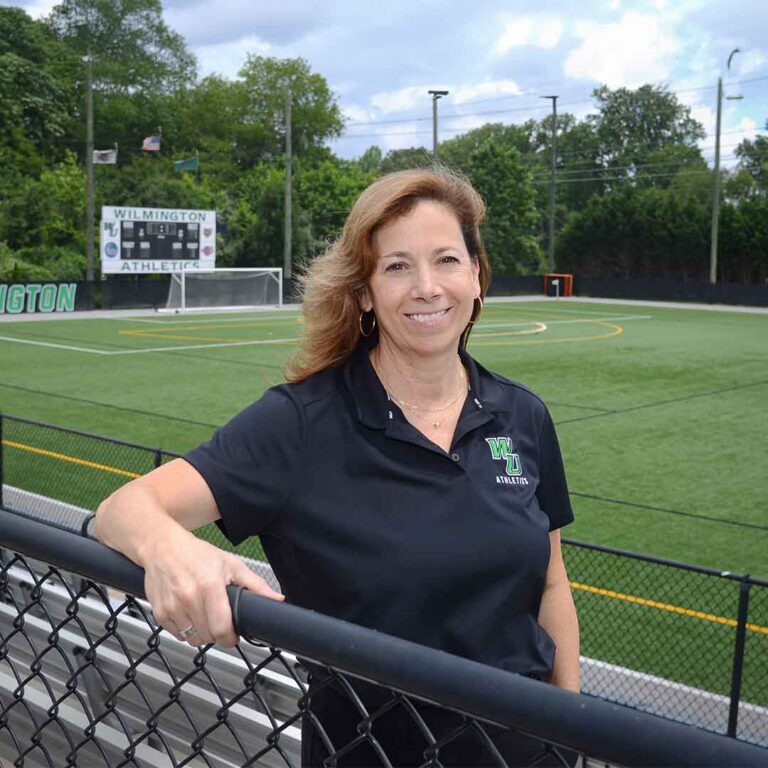What Makes Remarkable Teachers Remarkable?

Close your eyes. Imagine your favorite teachers. What made them special?
Wilmington University’s best teachers have enhanced their teaching effectiveness by enjoying professional development and training programs at the New Castle location. This year, the COVID-19 pandemic changed things up.
Over five days in May, the Online Learning and Educational Technology department hosted its 11th annual Teaching and Learning with Technology Symposium. Hundreds of WilmU faculty members attended via Zoom. Each year, the program offers faculty an expansive menu of training on technical topics and adult teaching strategies.
In the past, this event took place on one day and featured different tracks. Faculty could get up to six hours of professional training by attending five of 20 sessions, then enjoying a keynote presentation. Thanks to stay-at-home orders and other restrictions imposed by the pandemic, the Educational Technology team seized the opportunity to transform the usually one-day event to five virtual days via Zoom.
The symposium opened with a keynote titled “Chart Your Course,” presented by WilmU’s Sandy Bennett, Pam Huxtable, Dr. Josh Simpson, and Mary Beth Youse, who discussed Pathways to Instructional Excellence. Trainers from Educational Technology, library, and the Center for Teaching Excellence taught 18 workshops on various subjects.
The presenters are fellow teachers, an important distinction that Assistant Vice President and Dean of the College of Online and Experiential Learning Dr. Sallie Reissman has stressed as vital. “Our trainers are not just showing faculty what buttons to push to use an educational technology tool,” she says. “They are teachers themselves, so they know how to utilize technology to better help students master learning objectives.”
Instructional Technologist Pam Huxtable taught “Using Groups in Canvas.” Librarian Melissa Jones offered a PIE workshop called “Open Educational Resources.” Multimedia Specialist Kelsey Styles led the popular and new PIE session “Using Images to Enhance Content,” and Stephen Scheib presented “Gamify! Make Your Course Exciting!”. A trainer from Instructure, Canvas’s parent company, delivered a full day and led a question-and-answer session.
Attendees were encouraged to turn on their webcams, which created a grid of faculty members’ familiar faces. While separated by physical location, faculty connected virtually in the same way.
“When our department’s biggest training event of the year was forced to move online, we could not have expected to have one of the most well-attended symposiums in years,” said Director of Educational Technology and Multimedia Russ Lichterman. “In subsequent years, this event will likely follow a flexible modality, allowing instructors to attend either in-person or online.”
COVID-19 meant that participants were legally required to learn behind keyboards and backlit screens. But the immediate transition from face-to-face courses to online modalities demonstrated their dedication to enhancing academic excellence and strengthening the teaching skills of faculty, regardless of modality.



